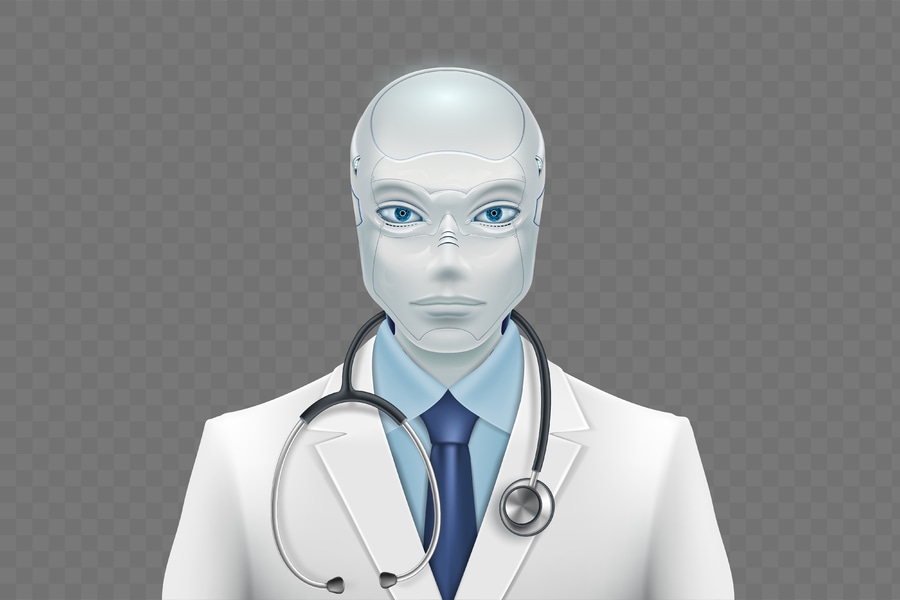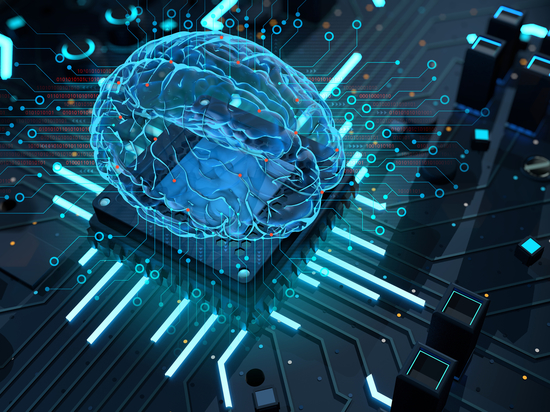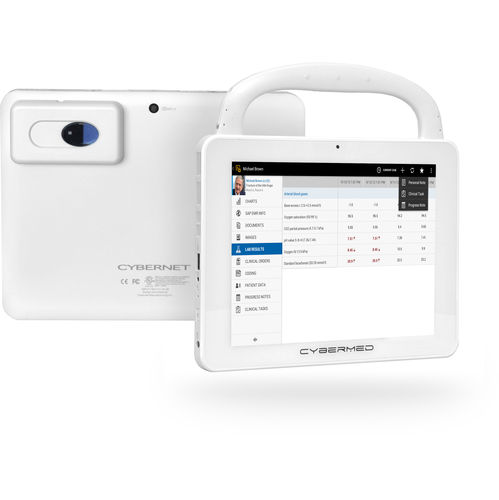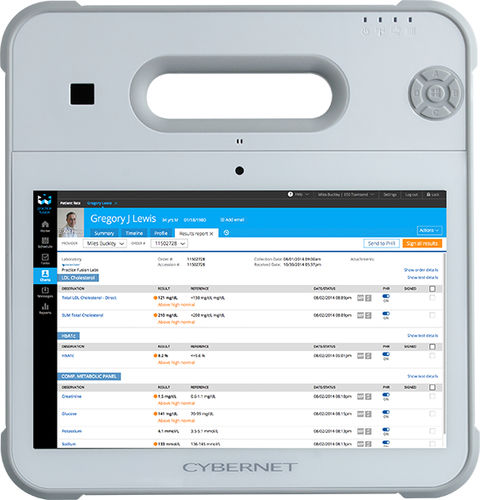
#Industry News
BENEFITS OF ARTIFICIAL INTELLIGENCE IN MEDICAL EDUCATION TRAINING PROGRAMS
Is your next teacher a robot?
Artificial intelligence, or AI, is already making inroads in many sectors of society. For healthcare, its reach influences from using electronic medical records (EMR) to protecting hospital networks from cyberattacks.
This technology is also revolutionizing medical education, which we will discuss today. We will explore how AI is transforming the training of future healthcare providers.
Traditional Medical Education
Medical students go through extensive periods of training. A large part focuses on consuming as much information as possible, with much of it memorization-based. Traditional medical education is based on the following:
Patient care
Medical knowledge
Interpersonal and communication skills
Practice-based learning and improvement
Professionalism
Systems-based practice
Artificial intelligence (AI) is a term that refers to computer programs and algorithms designed to perform tasks typically done by humans. One such example is automating written response assessment, while another is providing feedback on medical image interpretations.
Artificial intelligence refers to computer programs and algorithms designed to perform tasks usually done by people. Automating assessment of written responses to feedback on medical image interpretations are just some examples of its use in the medical field.
Artificial intelligence in medical education builds on traditional training methods and adds its spin or direction based on its unique abilities.
Artificial Intelligence Flips Classroom in Medical Education
One promising approach is to shift focus from traditional lectures and memorizing information. This innovative "flipped classroom" methodology, proposed by Charles Prober, MD, who is also the founding director of the Stanford Center for Health Education, aims to teach medical students how to solve intricate patient cases through hands-on learning.
Gathering facts and lectures from every available resource (i.e., EMR)
Work on their own time
Enter their findings on their medical computers and medical tablets
Meet with professors and peers in a classroom setting, where they practice problem-solving and data analysis
The approach simulates how medical cases are actually done in the real world. The aim is to develop critical thinking skills instead of memorizing medical facts. The focus is on interacting with data and resources instead of memorization. ChatGPT and similar chatbots would be one of these resources. Just as database searches are a part of a provider's routine, these AI-driven programs can assist medical trainees in finding, synthesizing, and presenting relevant facts.
This is far faster than traditional methods, which can be time-consuming and frustrating as they often require searching through multiple sources.
This approach has an additional advantage. Little time is spent familiarizing medical students or residents with new technologies such as AI, robotics, and telemedicine. However, future healthcare providers will undoubtedly use these along with a wide range of assistive devices.
Speech recognition technology is already automating clinical interview transcriptions. At the same time, AI-powered electronic medical record programs are being developed that may prompt providers to ask specific questions based on symptoms and suggest tests and diagnosis. Computer-aided detection (CAD) systems aimed at radiology were partially developed with this goal in mind.
Providers' New Role: Masters of AI
Another reason medical students should study artificial intelligence in their medical education is to get a basic understanding of the program's underlying principles.
Currently, training on the use of EHRs usually consists of ad hoc brief introductory courses. They are typically specific to a particular healthcare group or its hospital. Under this new training regimen, the existing school curriculum would be augmented with knowledge of AI fundamentals, data science, and any ethical and legal issues raised.
Why? The hope is that students can use this fundamental knowledge when medical equipment is outdated or replaced. ChatGPT, AI-assisted EMR, and CAD are just a few examples of AI's growing presence in healthcare. Others, like using AI to "hear" medical issues from a person's voice, are coming down the pipeline.
Issues this new curriculum could address:
Course on Overreliance (and how to avoid it)
Providers may become used to the AIs handling many job functions like diagnosis and treating the AIs' output as fact ("automation bias"). They may evaluate patients on their interview and test results and ignore all their physical and emotional states, which could lead to the actual problem.
AI Down (What's next?)
What does one do when the AI ceases to operate? Or is it no longer capable of delivering the required services like detecting tumors off an X-ray? Unfortunately, a cybersecurity breach, which is all too common in healthcare, could cripple a hospital and its AI systems in critical moments. Providers will need to know what to do in such eventualities.
AI Hallucination
"How do you identify incomplete or incorrect data used by AI?" Biased input into EHR affects AI algorithms, resulting in false results. Users should be able to override AI decisions and notify errors to help the model learn from its mistakes in subsequent iterations.
Machine Ethics
Finally, the ethical use of artificial intelligence in medical education should be extensively covered. Think about deciding between the quality of life of a terminally ill patient and the length of their life. Providers and patients often make trade-offs when deciding on treatments, with no "one-size-fits-all" approach to patient care.
Closing Thoughts
Artificial intelligence in medical education brings AI to future providers. AI in medical education can change the training of future providers by following the foot-steps of how a provider actually works in the real world, to understanding how AI works well enough to use it as the aid it’s actually meant to be.
Contact an expert at Cybernet if either use is appealing to your medical school. Medical computers and tablets, already in use in hospitals, would further enhance medical students' education on how medicine works at their (future) jobs.








